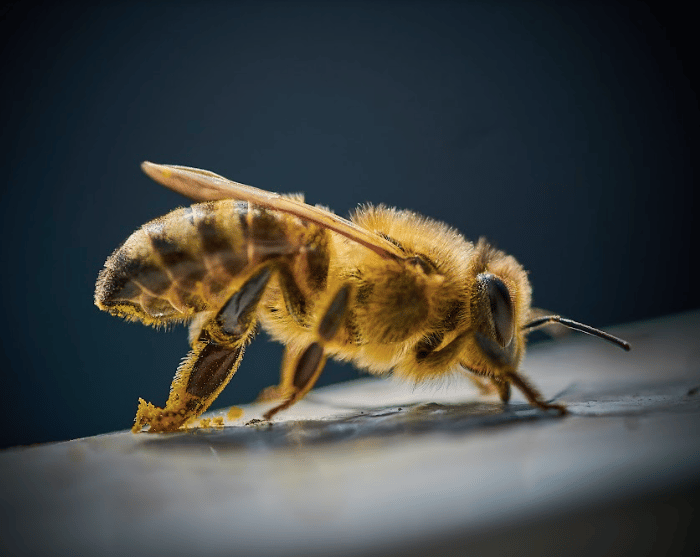A study led by Australian researchers has shown that bee venom could be a valuable ally against breast cancer.
The main component of bee venom (apitoxin) has the name of melittin and represents about 52% of the peptides present in the venom. There already are many studies on this component and how it can be used in drugs, like some studies conducted by the University of Washington in March 2013 that showed how melittin could even be able to eradicate the HIV virus while leaving healthy cells intact.
During an experiment conducted by Ciara Duffy, a researcher at the Harry Perkins Institute of Medical Research, in the year 2020, melittin was used against two types of cancer that are particularly difficult to treat: triple negative breast cancer and HER+ breast cancer; with positive results. In this research, the venom of 300 bees and bumblebees was used. The venom killed the cancer cells within an hour, causing minimal damage to the other cells. Of course, the toxicity level increased with higher doses of venom.
Melittin can penetrate the surface (the plasma membrane) and create porosity, thus suppressing cancer cells.
Another positive and interesting detail is that although melittin is found (in nature) only in bee venom, it can be synthetically produced without any problem.
This research is a very important starting point: triple-negative breast cancer is one of the most aggressive forms of breast cancer and accounts for between 10 and 15% of breast cancer cases. Anyway, the researchers involved made it clear that further testing is needed.
Melittin has been shown to kill cancer cells, but it remains to be seen whether bee venom could work to the point of becoming a drug against cancer. The use of melittin combined with chemotherapy, however, could pave the way to the research of other successful treatments against cancer and shows us how bees are increasingly crucial for our lives.
